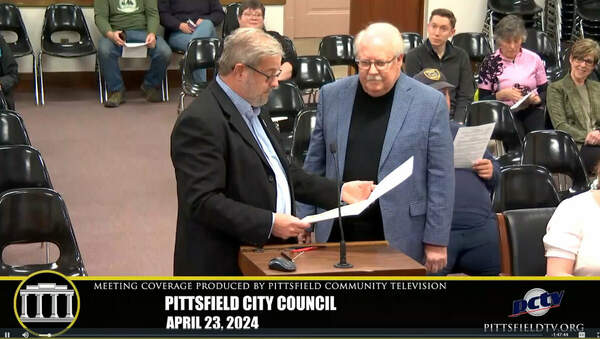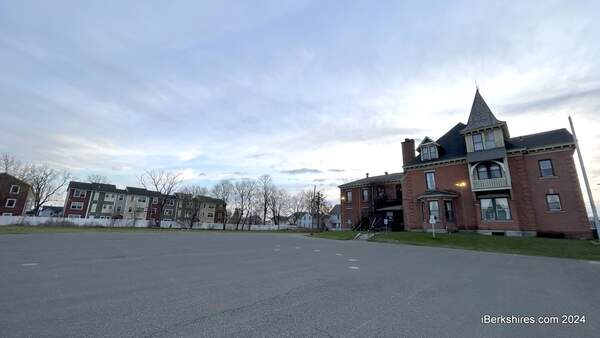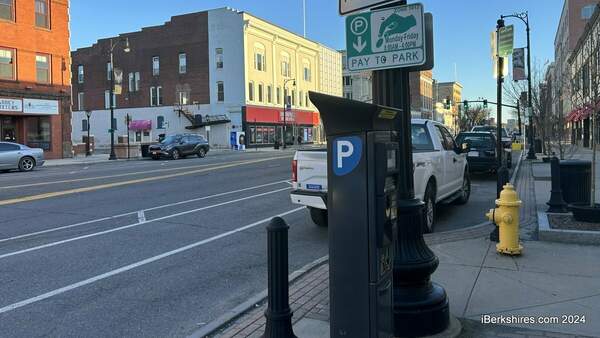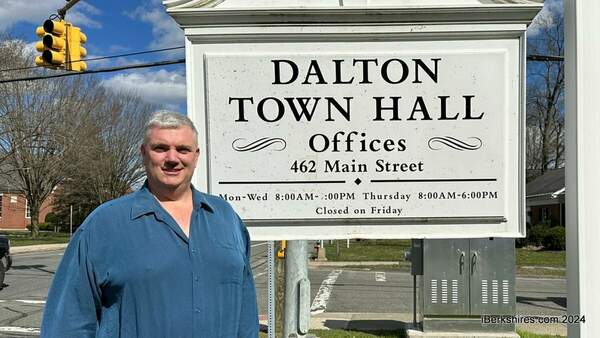PITTSFIELD, Mass. — In the wake of recent storms and frigid temperatures, members of the city's newly inaugurated School Committee began its term on a positive note, by praising the school department's recent handling of inclement weather.
Committee members lauded efforts by the administration and many staff and faculty who rallied this week to organize additional school bus service for children walking to school during Tuesday and Wednesday's icy winds. In a rapidly mobilized implementation of a new idea, numerous students ordinarily ineligible for bus transportation were picked up en route to the seven most heavily walked-to of the 12 schools over two days.
"I'm so proud of you guys," said newly elected committee Secretary Cynthia Taylor. "There's that expression about throwing somebody under the bus, well, we did the exact opposite of that."
Superintendent Jason McCandless credited the idea to Assistant Superintendent Kristin Behnke and Sue Wendling, director of bus operations.
The emergency bus routing was done with the help of a number of principals, teachers and counselors who rode along in the dispatched school buses to reassure walking students.
"Nobody knew that this was happening, so we're picturing these young children and older children walking to school and this bus pulls up and says get on. We thought it would be helpful to have a face that the students recognize on the bus."
"Kristin pulled together volunteers from all the schools in about fifteen minutes," McCandless added. "It was just remarkable."
Given the positive reception of the first experimental run of the contingency plan, the superintendent said they will look to develop protocols to be better prepared in the future to implement this on days when wind-chill temperatures drop substantially below zero, as they did this week.
Committee member Daniel Elias echoed praise of the bus effort, and also commended the administration's cancellation of school on Thursday and Friday last week. He noted that constituents sometimes question the rationale behind some snow days.
"Sometimes they forget that side streets are not done yet, and sidewalks are not shoveled," said Elias, which could present dangers to many children traveling to school.
Taylor also brought up how some of the temperature extremes this fall and winter might impact the school district's utility costs, questioning the City Council's
controversial $200,000 cut of its fiscal 2014 budget based on an anticipation of savings in heating costs.
"That's one of the hallmarks of global warming, that you can't predict what's going to happen," said Taylor.
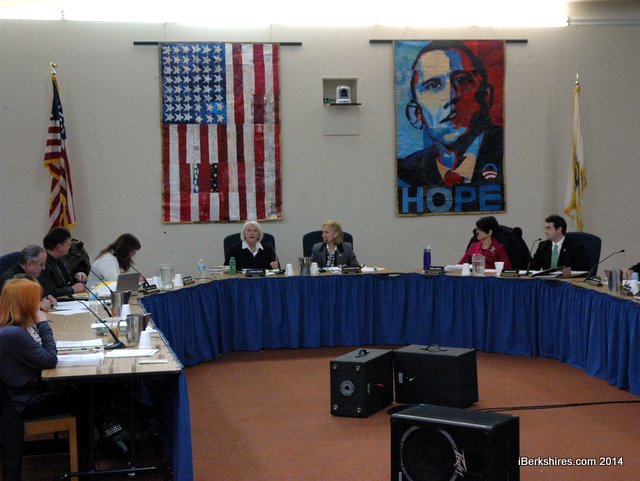 The School Committee praised administrators' initiative in picking up walking children during this week's frigid temperatures.
The School Committee praised administrators' initiative in picking up walking children during this week's frigid temperatures.
